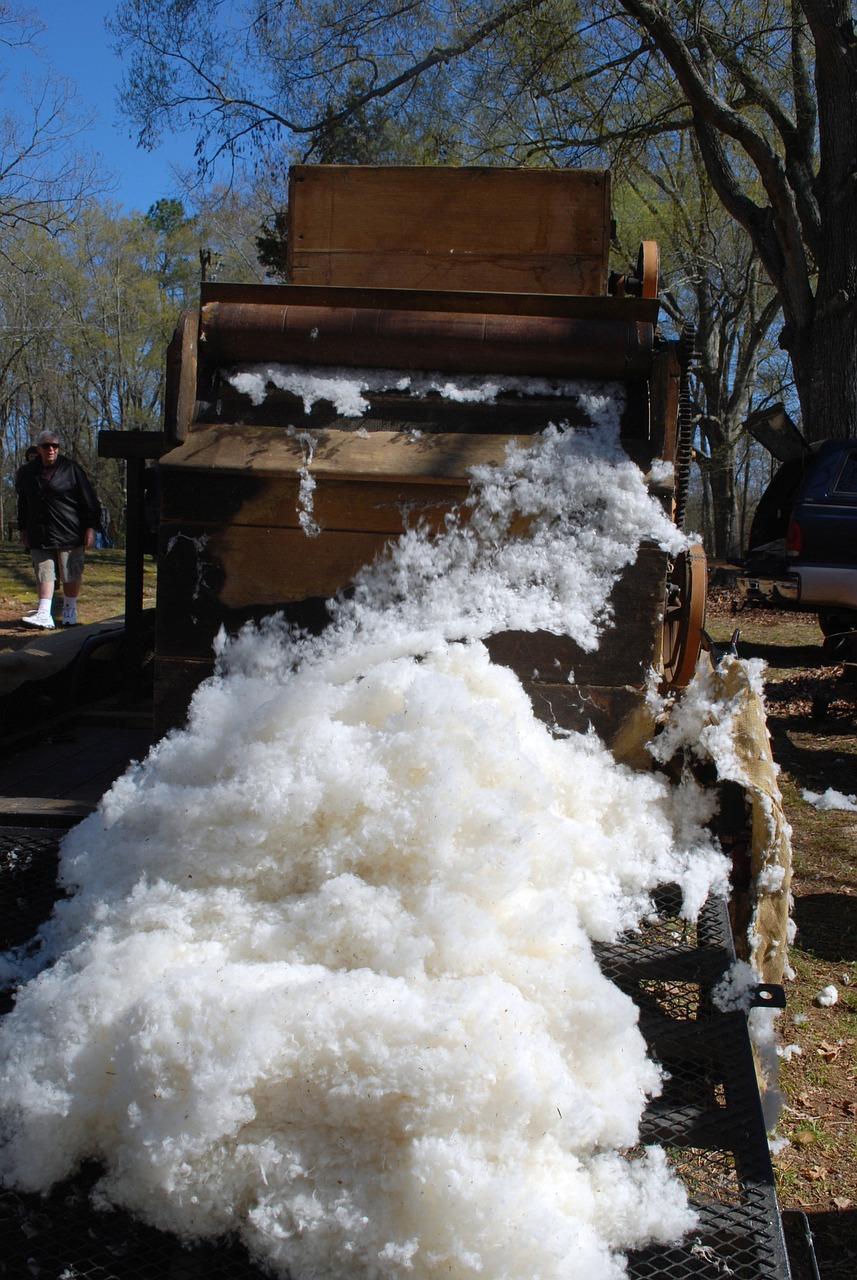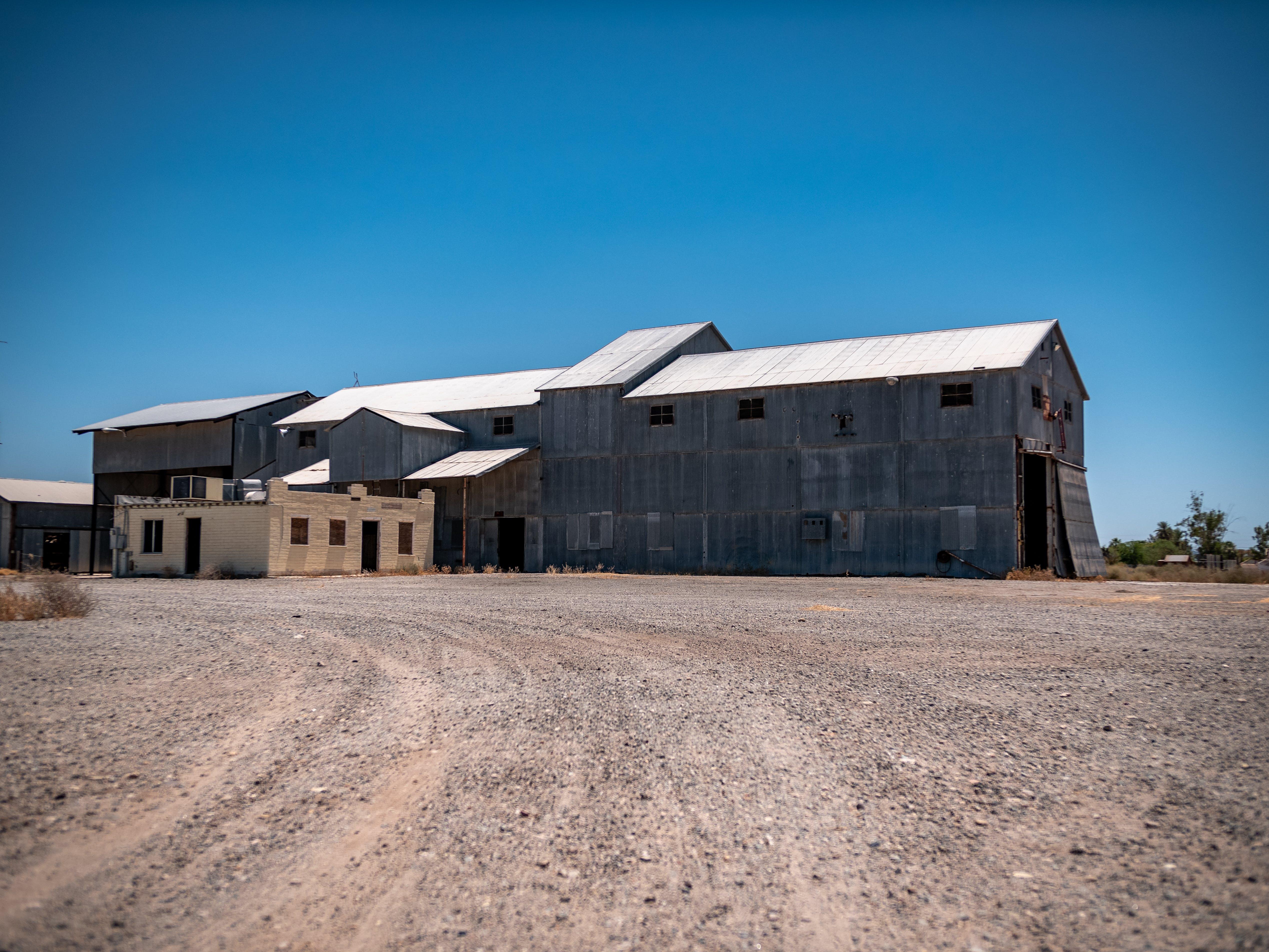The invention of the cotton gin in 1793 by Eli Whitney drastically transformed the landscape of cotton farming and had a profound impact on Southern society. With its ability to quickly and efficiently separate cotton fibers from the seeds, the cotton gin revolutionized the cotton industry and resulted in significant social, economic, and political consequences. In this blog post, we will explore three key effects of the cotton gin and delve into its implications on slavery, society, and the Southern economy.
Throughout this post, we will answer pressing questions such as: What was the impact of the cotton gin on slavery in the South? How did the cotton gin affect society? What repercussions did it have on the cotton industry and the Southern economy? By examining these aspects, we will gain a comprehensive understanding of the pivotal role played by the cotton gin in shaping the Southern way of life. So, let’s dive in and explore the revolution ignited by this influential invention!

The Effects of the Cotton Gin
Increased Cotton Production
The invention of the cotton gin, a machine that quickly and efficiently removed cotton seeds from the fiber, had a profound impact on the cotton industry in the early 19th century. Prior to the cotton gin, cotton production was labor-intensive and time-consuming. However, with the introduction of this revolutionary device, the production process was streamlined, leading to a significant increase in cotton production. By mechanizing the process, the cotton gin allowed for the processing of larger quantities of cotton, making it easier to meet the growing demand for cotton fiber in American and international markets.
Expansion of Slavery
While the cotton gin brought about increased cotton production, its effects on society were not all positive. The ease and speed with which the cotton gin separated seeds from cotton fibers led to a surge in cotton production, which, in turn, led to a higher demand for labor. As a result, the expansion of the cotton industry fueled an increase in slavery throughout the Southern United States. Slavery became a vital component of the cotton production system, with enslaved individuals being forced to work in cotton fields to meet the growing demand. This dark consequence of the cotton gin deepened the divide between the North and the South and eventually became a catalyst for the American Civil War.
Economic Transformation
The invention and widespread adoption of the cotton gin also brought about a significant economic transformation in the United States. As cotton production increased, so did the profitability of the cotton trade. The Southern states, which had the ideal climate and soil for cotton cultivation, became economic powerhouses, with cotton becoming a major cash crop. The prosperity generated by the cotton industry fueled the growth of Southern cities and towns, as well as the development of infrastructure such as roads and railroads. The economic influence of the cotton gin extended beyond the South, as cotton became a key export commodity that contributed to the overall economic growth of the United States.
To Sum it Up
In conclusion, the cotton gin had wide-ranging effects on American society. It revolutionized the cotton industry by increasing production and transforming the economy. However, it also exacerbated the issue of slavery by creating a higher demand for labor, leading to significant social and political consequences. As we reflect on the impact of this machine, it is important to recognize the complex web of consequences that innovation can bring.

FAQ: What were three effects of the cotton gin
Overview
The cotton gin, a revolutionary invention by Eli Whitney in 1793, had a profound impact on the cotton industry, slavery, and society as a whole. In this FAQ-style subsection, we will explore three major effects of the cotton gin and its implications. So, buckle up and let’s dive right in!
What impact did the cotton gin have on slavery in the South
The cotton gin drastically impacted slavery in the South, but let’s find out how:
The increased demand for cotton led to an expansion of slavery
As the cotton gin made separating cotton fibers from its seeds much more efficient, cotton production skyrocketed. The result? A surge in demand for cotton and an ever-increasing need for labor. This led to a significant expansion of slavery throughout the South, as plantation owners sought to meet the booming demand for cotton.
It entrenched slavery as an institution
With the cotton gin’s ability to process cotton much faster, slavery became deeply ingrained in the Southern economy. Plantation owners relied heavily on enslaved laborers to maximize their cotton production, leading to the entrenchment of slavery as an institution. The cotton gin, sadly, perpetuated the system of slavery.
Slaves faced harsher working conditions
Due to the increased demands of cotton production, slaves experienced harsher working conditions. Plantation owners pushed for higher productivity, leading to longer hours, intensified labor, and greater exploitation of enslaved individuals. The cotton gin’s efficiency came at a cost for those who had to operate it.
What impact did the cotton gin have on society
The cotton gin had far-reaching effects on society, shaping various aspects in both positive and negative ways:
Economic boom in the South
The cotton gin revolutionized cotton production and positioned the South as the primary supplier of cotton to textile mills in the United States and around the world. This resulted in a significant economic boom for the Southern states, as cotton became their cash crop and a major source of revenue.
Widening gap between North and South
While the cotton gin brought prosperity to the South, it also widened the economic and cultural divide between the North and the South. The North, with its emphasis on industrialization, began to resent the South’s dependence on slavery and the cash crop economy. This divide would later contribute to the tensions that led to the American Civil War.
Reinforcement of racial inequality
As cotton production flourished, so did the racial inequalities ingrained in society. The cotton gin helped maintain the oppressive system of slavery and reinforced racial hierarchies, as enslaved individuals were viewed merely as property and dehumanized for the profit-driven cotton industry.
How did the cotton gin affect the cotton industry
Let’s take a look at how the invention of the cotton gin transformed the cotton industry:
Drastic increase in cotton production
The cotton gin revolutionized cotton production by streamlining the labor-intensive process of separating cotton fibers from the seeds. This efficiency led to a tremendous increase in cotton production, making the United States the leading global supplier of cotton for decades to come.
Boost in profits and economic growth
With the cotton gin’s ability to process cotton faster, the cotton industry experienced a substantial boost in profits and overall economic growth. Cotton could be harvested and processed more efficiently, allowing plantation owners to meet the high demand for cotton products and expand their enterprises.
Shift towards large-scale plantation farming
The cotton gin paved the way for large-scale plantation farming. To maximize profits and fully utilize the efficiency of the cotton gin, plantation owners increased their investments in land and enslaved labor. This shift towards large-scale plantations further entrenched the reliance on slavery and shaped the agricultural landscape of the South.
Wrap-Up
In conclusion, the cotton gin had profound effects on slavery, society, and the cotton industry. It exacerbated the institution of slavery, fueled economic growth in the South while widening the divide between North and South, and transformed cotton production on a massive scale. The cotton gin changed the course of history, leaving a lasting impact that would shape America for years to come.
Stay curious, stay fascinated, and keep exploring the fascinating chapters of history!
Note: This blog post is for informational purposes only and does not intend to condone or endorse the actions or ideologies associated with slavery.
